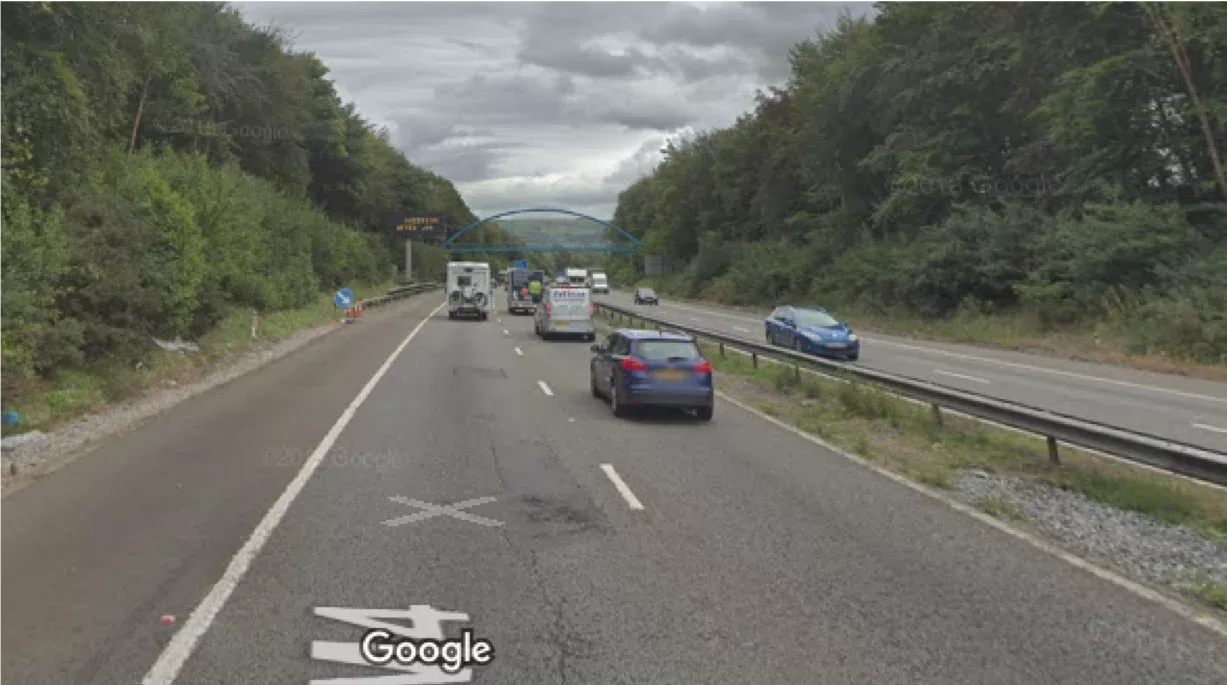Newport Council has said it would not support tolls being introduced on the M4 in the city, despite Welsh Government proposals for bringing in charging schemes.
The government’s new National Transport Delivery Plan sets out its intentions for the next five years.
Ministers believe “road user charging” schemes are one potential way of encouraging people to use public transport, walk or cycle instead of driving.
Under new proposals, the government is considering extending powers to councils to make their own local decisions on such charges. Its delivery plan is currently out for public consultation, reports the National.
In Newport, Conservative councillor David Fouweather asked whether the local authority would support a charging scheme for the motorway and a congestion charge in the city.
In reply, Cllr Laura Lacey, the Labour council’s cabinet member for infrastructure, noted the Welsh Government’s new plans but said Newport City Council “does not support the implementation of a local toll on the M4”.
She said the council would submit a response to the government consultation “if deemed appropriate”.
The council also has “no plans to introduce a congestion charge in Newport”, Cllr Lacey added.
The Welsh Government could support road user charging on a national basis for several reasons, however.
It has previously said it wouldn’t consider such schemes unless there were adequate public transport links already in place, said the National report.
But its new delivery plan admits “demand management schemes” like road user charging are part of “an emerging area which has the potential to deliver modal shift [away from cars], address carbon targets and support investment in sustainable transport”.
The Welsh Government also said charging drivers in Clean Air Zones “would be the most effective means of tackling air pollution problems”.
If councils in Wales were given powers to set up local charging schemes, the government said the money raised could “provide funding for improvements in public transport”, walking and cycling.
Ministers acknowledge there will still need to be a “benefits and charges” approach to such schemes, “looking at ways to improve services before charges or introduce lower fares when charging starts”.
A national charging strategy could be in place by 2026, according to the new plan. The UK Government is expected to raise £26.2 billion in fuel duties, which the Office for Budget Responsibility calls “a significant source of revenue”.
Despite transport being devolved in Wales, ministers in the Senedd concede the UK Government still holds “important” responsibilities “such as the power to implement universal road charging”.





















